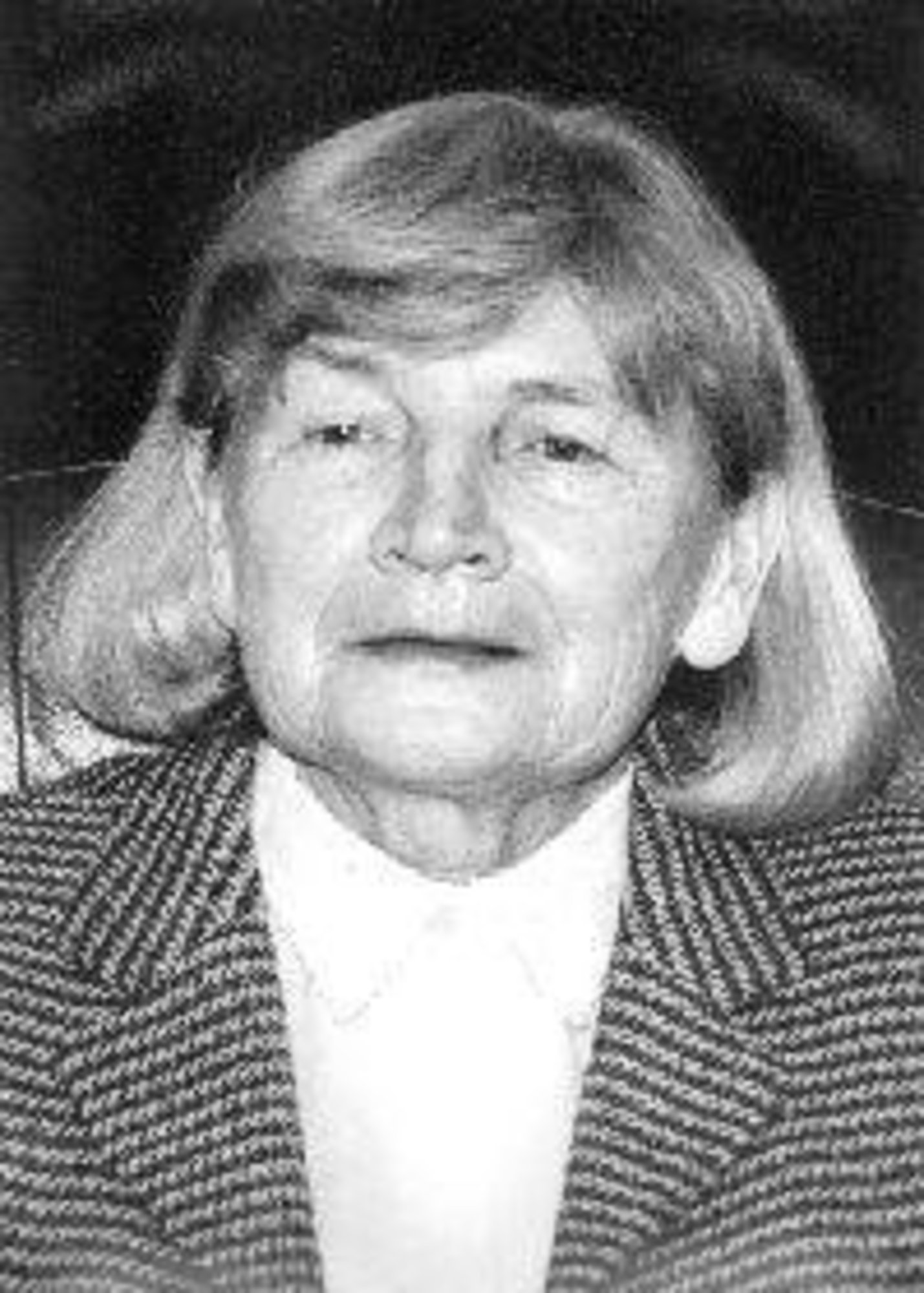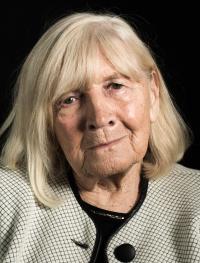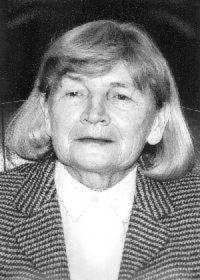“I don’t remember who did it, whether it was the Journalists’ Association, but a large-scale trip for journalists to Babice was organized. It was after the trial, the people had already been sentenced, and it was clear that the testimonies had been made, and we already knew the terrible things they had confessed about themselves. Thus a certain veracity of what had happened has been confirmed. Meaning confirmed by the regime. None of us could know that Malý was an StB member. We took everything that was written about the process and these things at face value. They took us there, the group of journalists, I remember myself among them in particular, because to be honest, this was one of the things which affected me terribly. I consider it one of my worst experiences ever. It was even worse than when they imprisoned our Petr. This was far worse, because...” Interviewer: “You mean at that time, or...” – “At that time. I considered it as something... had it not happened, I would have never written that. I was in the culture department, not in the political news department, and I got there because I was interested in it, I wanted to see it with my own eyes. So we arrived to that school, the staircase was still damaged after the shooting, they haven’t even washed down the blood of those people yet, I talked to the headmaster’s wife whose husband got killed, and with Mr. Netolička, whose son, a worker, was also killed, and you saw how these people acted and how they spoke. This lady, she could be 35 or so, they had two daughters, she was dressed in black, she was still living in the school. And then they showed us the farms of the people who had been sentenced, and the cowsheds where there were emaciated cows and they were telling us: ´You see, they were not feeding the cattle on purpose, in order to avoid milk deliveries.´ They were explaining everything like this. They led us to the parish house and there was no doubt. There was sheer horror. The wives of the men who had been sentenced were still living on the farms. I remember a farmer’s wife’s eyes, which could kill you with the gaze. Today I know why, and I wonder that her eyes didn’t kill me, but back then I understood it in a completely different way. And what was most disturbing...” Interviewer: “Did you speak to these farmers’ wives?” – “No, we weren’t allowed to. And they wouldn’t speak with us at all. Someone was always accompanying us. It was just for show: ´And now, journalists, you’ll so what was behind that.´ And it was even worse in the parish house, they showed us the priest’s bedroom. As a child, I was brought up in reverence for a village priest, in Popovice I was going for confessions to him, the first communion, learning catechism from him. He was a man known for his good heart and all truly respected him – when he died, some twenty thousand people came to his funeral in those 1950s. He was that kind of man. And now, I had already left the church, but it made no difference, the childhood experiences still linger in you – now they brought me to the priest’s bedroom. This is simply something forbidden, something unthinkable. And there was a table, an alarm clock, his prayer-books, a crucifix – and it was there that the horror of this entire case descended upon me. There I thought: ´Something so terrible is happening here that one has to cope with it somehow.´ And I coped with it as I could. They said about Malý that he had been sent from the outside, he himself said it, the farmers confessed this way. And the article I wrote – I don’t mind having written it that much, that was owing to the era, to the fact that we couldn’t understand it. But what I mind is that there is everything – everything – in this article, as a friend of mine says. I got Fučík there, and imperialists, I got the Korean war there.” Interviewer: “Ideologically speaking, it is written very convincingly...” – “That’s the newspeak of that time. And what’s worst about it is that I was not led astray, that it was my genuine conviction. There is no doubt in it at all.”



